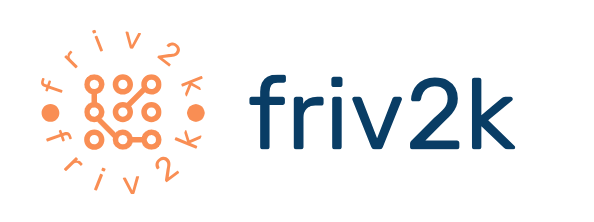The Growing Importance of AI Ethics
Artificial intelligence is rapidly transforming our world, automating tasks, improving efficiency, and creating new possibilities we couldn’t have imagined just a few years ago. But with this incredible power comes immense responsibility. As AI systems become more sophisticated and integrated into our lives, the need for robust ethical guidelines and considerations becomes increasingly critical. Ignoring these ethical implications could lead to significant societal harm, exacerbating existing inequalities and creating new ones.
Bias in Algorithms: A Reflection of Our Own Biases
One of the biggest challenges in AI ethics is the issue of bias. AI algorithms are trained on data, and if that data reflects existing societal biases – be it racial, gender, or socioeconomic – the AI system will inevitably perpetuate and even amplify those biases. This can lead to unfair or discriminatory outcomes in areas like loan applications, hiring processes, and even criminal justice. Addressing this requires careful curation of training data, rigorous testing for bias, and ongoing monitoring of AI systems in real-world applications.
Transparency and Explainability: Understanding the “Black Box”
Many AI systems, particularly those based on deep learning, operate as “black boxes.” Their decision-making processes are opaque, making it difficult to understand why a particular outcome was reached. This lack of transparency can erode trust and make it challenging to identify and rectify errors or biases. The development of more explainable AI (XAI) is crucial to ensure accountability and build public confidence in these technologies.
Privacy and Data Security in the Age of AI
AI systems often rely on vast amounts of data, much of which is personal and sensitive. Protecting this data from unauthorized access and misuse is paramount. Robust data security measures, transparent data handling practices, and strong privacy regulations are essential to mitigate the risks associated with AI’s data-hungry nature. Individuals should also be empowered to control their own data and understand how it’s being used by AI systems.
Accountability and Responsibility: Who’s at the Wheel?
When an AI system makes a mistake or causes harm, determining who is responsible can be complex. Is it the developers, the users, or the AI itself? Establishing clear lines of accountability is crucial to ensure that those responsible are held to account and that victims of AI-related harm can seek redress. This requires a collaborative effort between policymakers, researchers, and industry stakeholders to develop appropriate legal and regulatory frameworks.
The Human Element: Maintaining Human Control and Oversight
While AI can automate many tasks and improve efficiency, it’s crucial to maintain a strong human element in the development and deployment of these systems. Humans should retain ultimate control and oversight, ensuring that AI remains a tool that serves humanity, rather than the other way around. This includes careful consideration of the social and ethical implications of each AI application and a commitment to human-centered design.
The Future of AI Ethics: Collaboration and Continuous Improvement
AI ethics is not a static field; it requires ongoing dialogue, collaboration, and adaptation. Researchers, developers, policymakers, and the public must work together to establish ethical guidelines, develop best practices, and monitor the impact of AI on society. This requires a commitment to continuous learning and improvement, ensuring that AI technologies are developed and used responsibly and ethically.
Education and Public Awareness: Fostering Ethical AI Literacy
A well-informed public is essential for the responsible development and deployment of AI. Education and public awareness initiatives can help people understand the potential benefits and risks of AI, fostering critical thinking and responsible engagement with these technologies. This includes promoting AI literacy across all levels of education, from primary school to higher education, and encouraging public discussion about the ethical implications of AI.
The Importance of Human Values in AI Design
Ultimately, the ethical development and use of AI requires a deep understanding of human values and a commitment to incorporating those values into the design and implementation of AI systems. This involves considering the impact of AI on human dignity, autonomy, fairness, and well-being. AI should be designed to augment and enhance human capabilities, not to replace or undermine them. A human-centered approach ensures that AI remains a tool for good, serving the needs of humanity and contributing to a more just and equitable world. Click here to learn about ethics in AI and machine learning.





